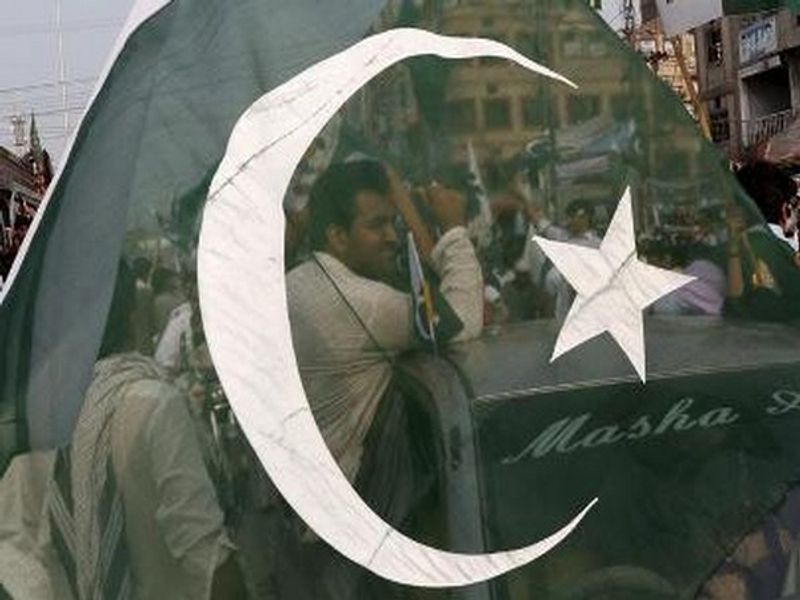Despite being governed by a constitution and a formal penal code, Pakistan continues to bear witness to brutal incidents that starkly defy its legal framework.While conventional murders and crimes are generally handled within the bounds of the justice system, a more insidious trend threatens the very soul of the nation: extrajudicial killings sanctioned by tribal councils or jirgas.These informal gatherings of local elders, often seen as custodians of tradition and community honour, operate beyond the reach of the law and moral justification. Their rulings, delivered in the name of custom, frequently endorse violence and injustice. In a civilised society, such shadow institutions should have no legitimacy.The problem is neither new nor uniquely Pakistani. Many countries struggle to balance formal law enforcement with local traditions and informal justice systems.However, in Pakistan, the challenge is compounded by deep-rooted patriarchy, tribal loyalties, and a fragile security landscape—particularly in provinces like Balochistan, which are plagued by separatist movements and sporadic terrorism.These complex dynamics not only enable but also embolden extrajudicial actors who believe they are above the law. The case of a recent honour killing in Balochistan, where the perpetrators filmed and disseminated their violence on social media, is both tragic and terrifying.The mere fact that such acts are recorded and shared publicly reveals a disturbing shift in attitude: these individuals feel no fear, no shame and certainly no accountability.There is a perverse pride in flouting the law, and it reflects how diminished the state’s authority has become in these areas. Even when arrests are made, justice is often elusive, and convictions rare.The main accused is brought to court without handcuffs and appears to be given a protocol, despite being in police remand. In contrast, when ordinary people are brought to court in police custody, their condition is usually dire, if not entirely dilapidated.What’s distressing is the silence that surrounds these crimes. Many never make it to the media. They remain hidden for ‘misplaced loyalty’ deter one from seeking justice.
previous post


